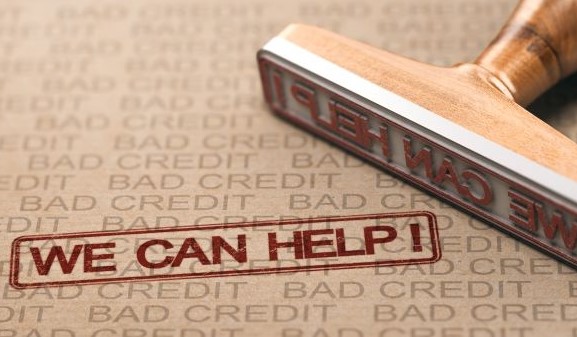How Your Business Credit History Affects Its Sale

Like your personal credit score, your business's credit score helps other companies evaluate how well your business handles payments with suppliers, lenders and other companies. That information can play an important role when you’re applying for a loan or looking to bring on a new partner. And it can also be a major issue if you’re planning on selling your business.
If you don’t know your business credit score, you’re not alone - most small business owners don't know their business has its own credit score, let alone where to find it.
If you’re planning on selling your company in the near future, here’s what you need to know about leveraging business credit to secure a smoother sale.
What is a business credit report
You’ve likely heard of a FICO personal credit score. Businesses have their own credit reports and scores that are completely separate from that of their owners’. Companies that compile and sell commercial credit reports include Dun & Bradstreet, Equifax, Experian and others. Similar to consumer credit reporting agencies, these companies compile information about how your business pays its bills.
How Your Business Credit History Affects Your Exit
You may think that your business credit history is only a big deal when you’re applying for a new business loan or line of credit, but it has larger implications. If you’re a business owner looking to sell your company, you need to ensure your business’ credit is in good shape for the following two reasons:
1. The Business's Credit History Transfers to the New Owner
Your business’ credit history is transferable, meaning the credit information will stay the same under new ownership. In other words, the business doesn’t get a fresh start just because you sell it. If your business has credit issues and a poor score, the business may continue to have trouble finding funding or securing partners, which could affect its value.
Anyone can check your business’ credit report without your knowledge or permission. Because poor business credit history can hurt a company’s chance of success, a low score can scare off potential buyers.
2. Poor Business Credit Score Impacts Buyers Ability to Secure Financing
If a potential buyer needs to secure financing to purchase your business, the lender will often review business credit history as part of its decision.
If the business’ credit profile is weak, it may be difficult for your buyer to secure a loan, or they may not be able to get as much as they need. That, in turn, may reduce the amount that you— the seller— get up front. The sale could even fall through, or you may have to accept a lower offer or finance more of the purchase yourself.
Similarly, it becomes more difficult for you to get your business pre-approved for SBA loans, putting you at a disadvantage.
On the other hand, strong business credit may help a buyer obtain better financing to purchase your business - which means more money for you.
Options To Check Your Business Credit Report
Now that you know how your business’ credit profile can potentially affect your company’s sale, it’s important to review your business’ credit reports. However, there are multiple reports and scores out there, and information can vary from report to report. Here’s how to check your various credit scores and reports:
Dun & Bradstreet: To get started, you’ll need to get a D-U-N-S number from Dun & Bradstreet — it’s a nine-digit number for your business that identifies your credit profile. You can create one for free and receive it in as little as 30 business days, or you can create a CreditBuilder Plus account for $149 per month and receive a D-U-N-S number in as little as 30 days.
Equifax Business: Some companies will use an Equifax Business report. You can pull your business credit report for $99.99 and get access to your business credit risk score and your business failure score.
Experian Business: Experian also allows you to pull a one-time business credit report, or you can subscribe for continual monitoring. A one-time business credit report costs $39.95. Ongoing access starts at $189 per year.
FICO SBSS: The FICO Liquid Credit Small Business Scoring System (FICO SBSS) is used by some lenders, especially the Small Business Administration (SBA), when evaluating loan applications. If your buyer is planning on getting an SBA loan to purchase your business, it’s important to review your FICO SBSS credit score ahead of time.
Nav: When you sign up for a free account with Nav, you can view free summary business credit reports and scores from Experian, Equifax, and Dun & Bradstreet.
Issues To Look Out For
Carefully review your credit report, and look for any issues, errors, or inaccuracies.
The following types of problems can result in a low business credit score:
- Presence of derogatory public records like collections, liens, judgments, and bankruptcies
- Increased trend in slow or late payments of obligations
- High outstanding balances
If you find inaccurate information on your business credit report, contact the credit reporting agency directly to dispute the listing.
Get Ahead Of Any Problems
Your business’ credit score plays a pivotal role in your company’s operations, affecting what credit you can receive and what interest rates you’ll pay. However, it may also impact your ability to sell your business. Having poor business credit history could derail the sale completely or force you to accept lesser terms than you would otherwise be able.
Make sure you review your credit reports carefully and take steps to remove errors and boost your credit to ensure your business’ sale goes smoothly.

